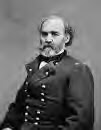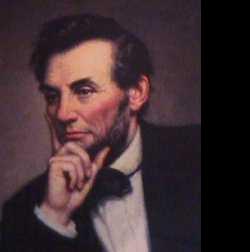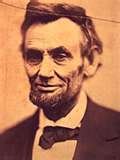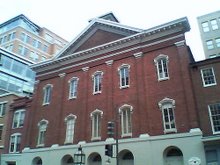
As the holidays approach, be grateful it isn’t Christmas, 1864. William Sherman’s army was making its march through Georgia, living off plantations, burning them and twisting railroad ties so that they could never be used by the Confederacy again. Sherman knew how crucial the railroad connections were in Georgia.
Prior to November, Lincoln’s outlook for a second term was so bleak that he wrote to a friend, "this administration, I fear, is doomed."
All were sick of war and ready to accept Presidential candidate George McClellan’s offer of peace, allowing the South to secede and maintain slavery. Sherman knew better. He said that "if we allow the South to secede, there would be no end of rebellion."
The Pacific states were considering secession, so was New York and some of New England. A few states in the South wanted to secede from the Confederacy. This continent might have been a group of independent nations with no common Constitution. There would have been no United States of America.
Lincoln won his second term that year, supported mostly by the army vote. But he knew that he desperately needed a victory to keep morale alive. Sherman gave him that victory at a terrible cost.
To learn how high that cost really was, read General Sherman’s Christmas, by Stanley Weintraub. And if you are able to travel the Country in any direction without a passport this Christmas, remember those who paid the price to make it possible.


























